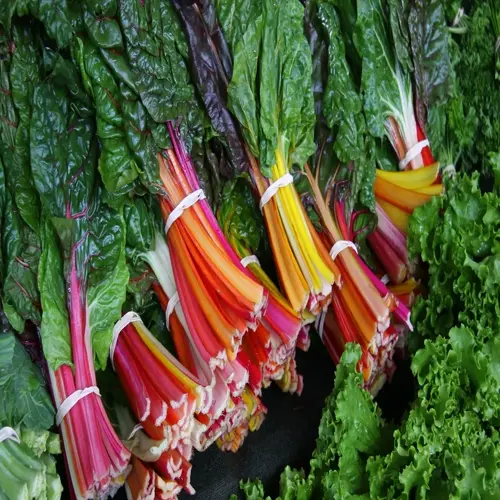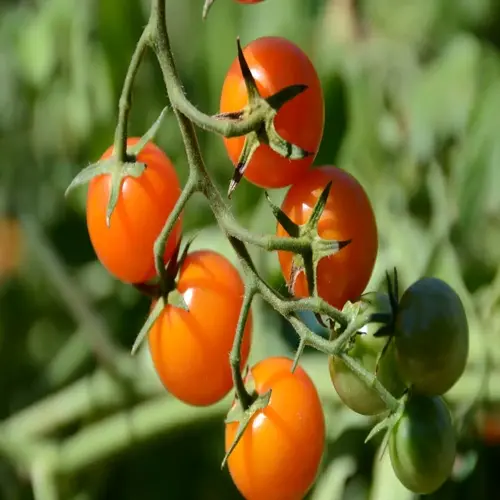What's the cheapest clay soil amendment?

Written by
Paul Reynolds
Reviewed by
Prof. Martin Thorne, Ph.D.It's easy to improve your clay soil without pricey products when free or low-cost amendments are available. I changed my heavy clay garden using entirely free amendments sourced locally over time. Your soil can be rich and fertile without breaking the bank, using wise access to resources.
Grass Clippings
- Collect from untreated lawns to avoid chemicals
- Apply thin layers to prevent matting and odor
- Provides quick nitrogen boost for microbial activity
- Mix into soil or use as mulch between plants
Leaf Mold
- Gather autumn leaves in wire bins for decomposition
- Turns into crumbly humus in 12-18 months
- Improves water retention and soil structure
- Use as mulch or soil conditioner
Fairly large quantities of compost from municipal compost programs are often available to residents for free or very little cost. It is worth checking with the local waste diversion facility to see what options may be available locally. I obtain 2 cubic yards of compost annually from our city program. Not only will you provide high-quality garden compost, but you will also help reduce the amount of waste sent to local landfills.
Cover crops offer a no-cost way to improve your soil while it grows. Winter rye and clover seeds aren't expensive, plus they add organic matter. I plant them in the fall, then turn them under in spring. Your soil will benefit from the nitrogen and soil structure created by their root systems.
Used coffee grounds from neighboring coffee shops can be obtained for free, as they are a nitrogen-rich carbon source. You'll want to collect them in buckets (usually the leftover 5-gallon buckets) and compost them before using them in your soil. I mix them with leaves in my compost bins; your soil benefits from their localized carbon source at no other cost.
Kitchen scraps become useful amendments with composting. Decomposed vegetable peels and eggshells will enhance the soil with nutrients. My composting system has the capacity to process all food waste generated by my household. By recycling organic waste, your overall soil fertility will improve.
Utilize these free resources together to achieve the most impact. Mix grass clippings with leaves in your compost piles. You can create "lasagna gardens" by layering materials right on top of your existing beds. The quality of your soil will improve dramatically without spending a dime.
Read the full article: How to Improve Clay Soil: Essential Steps

